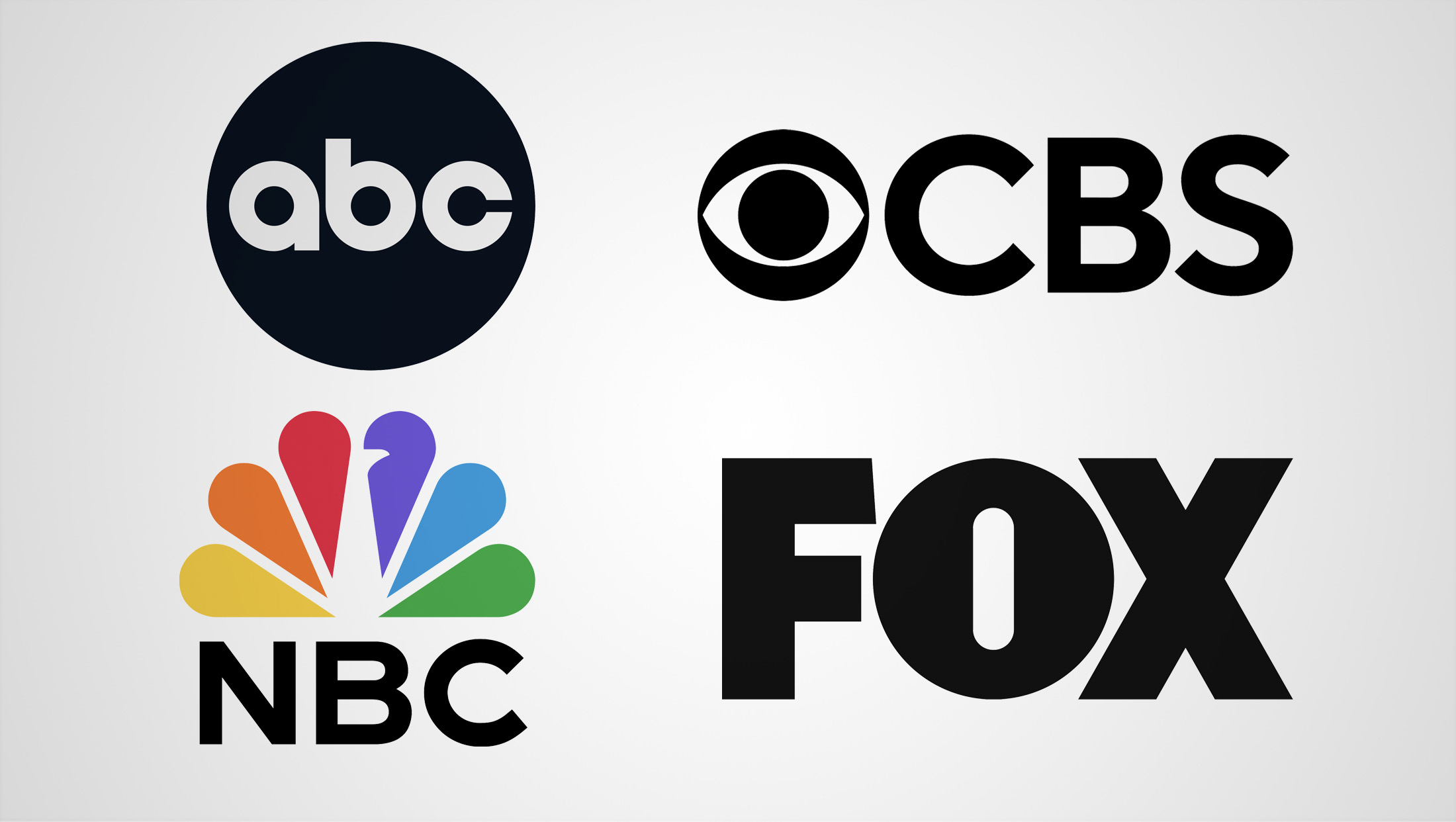‘Big four’ group objects to proposed FCC blackout tracking database

Subscribe to NCS for the latest news, project case studies and product announcements in broadcast technology, creative design and engineering delivered to your inbox.
A group of attorneys representing over 600 “big four”-affiliated stations have joined the NAB in objecting to a proposed FCC database of retransmission blackouts.
Lawyers for a group informally known as the four affiliates associations, which represent the interests of ABC, CBS, NBC and Fox affiliates, filed a joint reply to the FCC March 26, 2024.
Like the NAB filing submitted the same day, the associations also objects to the creation of a database on so-called retransmission blackouts. It bills the information the agency proposes to collect as “incomplete, misleading information the agency seeks to collect would prove useless in the unlikely event a consumer sought to obtain such information from the proposed FCC-hosted database.”
In the filing, the lawyers called for the FCC to give more attention to so-called virtual multichannel video programming distributors such as YouTube TV, which are free from many FCC regulations, including a recent proposal that would require cable and satellite companies to include the total cost of their services, including “junk fees,” in advertising. This proposal has received separate objections from some other industry trade groups.
“As a basic policy matter, the Commission will not benefit consumers by adding new regulations to traditional MVPDs while leaving their most effective competitors entirely free of such regulations,” the filing reads. It continues by noting that, in its view, vMVPDs are “functionally identical” to true MVPDs.
The attorneys specifically call for the FCC to resolve a pending proceeding from 2014 to reclassify vMVPDs as MVPDs.
Like NAB’s filing on the blackout database, the big four affiliates also question the FCC’s legal authority to establish such a tool and arguing it would provide “no meaningful public benefit.”
Unlike the NAB, the big four associations attorneys do not call for the FCC to also track successful retransmission negotiations if it ultimately enacts a blackout database. It’s not clear if the groups would support such an effort.
ABC Television Affiliations Association and NBC Television Affiliates were represented by Brooks, Pierce, McLendon, Humphrey and Leonard, a Raleigh, N.C.-based law firm. CBS Television Network Affiliates Association and the FBC Television Affiliations Association, presenting Fox Broadcasting Corporation-affiliated stations, were repped by the Washington, D.C. law firm Cooley.
NAB first filed an objection in February 2024, followed by the most recent one March 26, the deadline for second-round comments that also included the big four submission.
TV providers are already required to notify consumers when channels become unavailable due to such disputes, which the NAB says makes the FCC’s proposal duplicative.
Retransmission dispute blackouts have become increasingly common as TV station and network owners seek to boost their revenues by demanding that MVPDs, which include cable, satellite and Internet-based TV services, pay more and more for the privilege of carrying a channel or group of channels.
These battles often pit station owners against pay TV operators, with both sides pointing the finger at each other. It’s not uncommon for station owners to activate extensive marketing campaigns attempting to blame the blackout on the provider and encouraging consumers to contact the vendor or switch providers.
On the opposite side, TV providers often opt to replace blacked out station feeds with information that attempts to emphasize its efforts to keep package prices low as the reason for the disruption.
NAB argues that a national database of retrans disputes would “incentivize” more disputes because cable and satellite providers see an advantage in spotlighting or “generating” these disputes.
Meanwhile, two key industry groups, the NTCA-The Rural Broadband Association and NCTA-The Internet & Television Association, have largely supported the FCC’s efforts.
NTCA has even gone as far as to suggest that the FCC should be required to have access to financial offers made by station owners. As of now, these negotiations and offers are largely kept confidential, and there is no rule saying that information has to be disclosed to a federal authority.
Both NTCA and NCTA represent different segments of the pay TV industry, with NCTA counting members such as Comcast and Charter among its ranks. NTCA membership includes smaller operators.
A final decision on a blackout reporting system is expected by the end of the year.
Subscribe to NCS for the latest news, project case studies and product announcements in broadcast technology, creative design and engineering delivered to your inbox.




tags
ABC Television Affiliations Association, CBS Television Network Affiliates Association, FBC Television Affiliations Association, FCC, MVPDs, NBC Television Affiliates, Retransmission, vMPVDs
categories
Broadcast Business News, Broadcast Industry News, Cable News, Policy